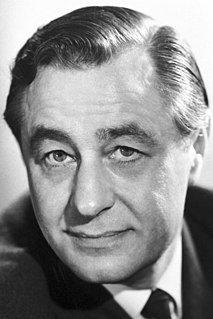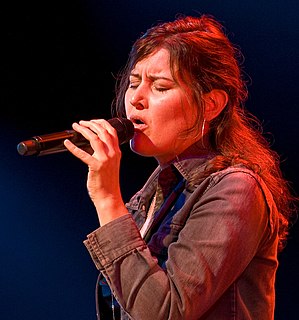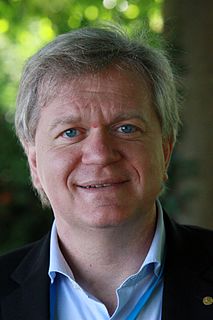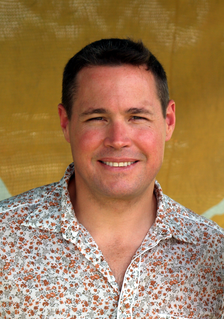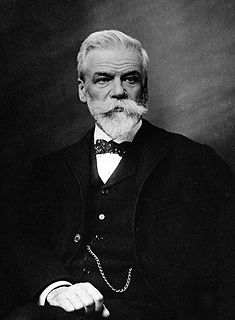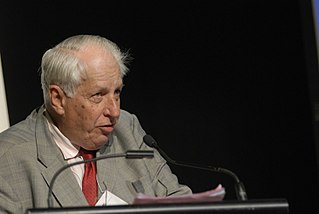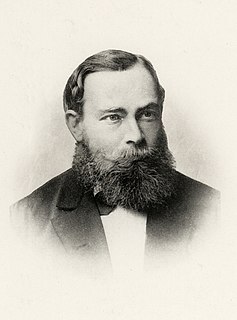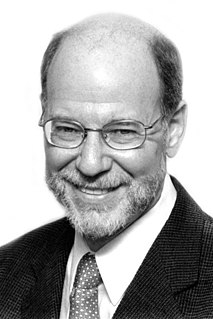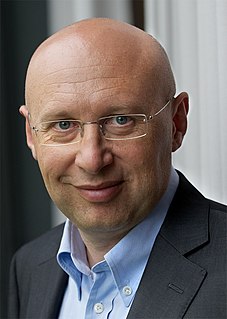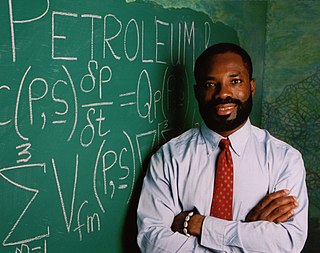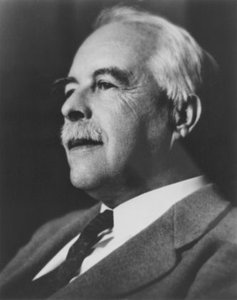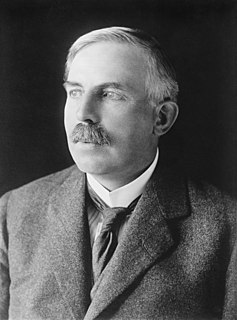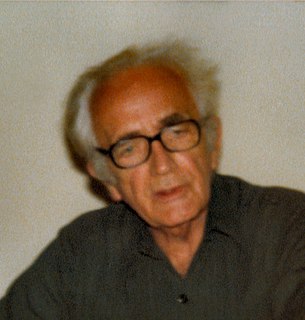Top 1200 Scientist Life Quotes & Sayings - Page 2
Explore popular Scientist Life quotes.
Last updated on December 4, 2024.
[On Richard P. Feynman's live demonstration of the rigidity of the O-rings when cold that doomed the space shuttle Challenger, killing seven astronauts:] The public saw with their own eyes how science is done, how a great scientist thinks with his hands, how nature gives a clear answer when a scientist asks her a clear question.
If a given scientist had not made a given discovery, someone else would have done so a little later. Johann Mendel dies unknown after having discovered the laws of heredity: thirty-five years later, three men rediscover them. But the book that is not written will never be written. The premature death of a great scientist delays humanity; that of a great writer deprives it.
In addition to the social pressures from the scientific community there is also at work a very human trait of individual scientist. I call it the law of the instrument , and it may be formulated as follows: Give a small boy a hammer, and he will find that everything he encounters needs pounding. It comes as no particular surprise to discover that a scientist formulates problems in a way which requires for their solution just those techniques in which he himself is especially skilled.
You should not fool the laymen when you're talking as a scientist... . I'm talking about a specific, extra type of integrity that is not lying, but bending over backwards to show how you're maybe wrong, [an integrity] that you ought to have when acting as a scientist. And this is our responsibility as scientists, certainly to other scientists, and I think to laymen.
Historically, girls have not been encouraged to be scientists, to be explorers, and there's a social kind of constraint, of course. Having the responsibility, a disproportionate part of the responsibility, for caring for families, caring for children. I know this challenge from firsthand experience because I have three children and four grandsons.And some of the time I have spent as a scientist and as an explorer has meant choosing to not be with my children and grandchildren as much as I might otherwise have done had I not been a scientist, an explorer.
'Facts, facts, facts,' cries the scientist if he wants to emphasize the necessity of a firm foundation for science. What is a fact? A fact is a thought that is true. But the scientist will surely not recognize something which depends on men's varying states of mind to be the firm foundation of science.
I think that's something a scientist can do because a scientist works at a border, at the edge of science, at the edge of knowledge, and so there's a lot of fun of reaching out and thinking about things that other people didn't think about. And so it has a kind of exploratory notion, kind of adventurous part in it.
The books of the great scientists are gathering dust on the shelves of learned libraries. And rightly so. The scientist addresses an infinitesimal audience of fellow composers. His message is not devoid of universality but its universality is disembodied and anonymous. While the artist's communication is linked forever with its original form, that of the scientist is modified, amplified, fused with the ideas and results of others and melts into the stream of knowledge and ideas which forms our culture. The scientist has in common with the artist only this: that he can find no better retreat from the world than his work and also no stronger link with the world than his work.
There are kind of two kinds of awards you can get as a scientist. One is Nobel-like in character: it's for one big thing, for a big revolutionary discovery. And it's wonderfully well known, and of course every scientist would love to get a Nobel prize. And there's a few other similar awards. They're for individual blockbuster discoveries.
Any really good scientist is as much an artist as a scientist. All the interesting stuff is found on the edge between knowing and not knowing. I know that sounds like a meditation teacher speaking, but when you're in the laboratory, or you're theorizing about physics, you need to know what you know, but if you can't get out from under that, you won't be able to make that insightful, first-time connection that nobody else has seen before.
But when you come right down to it the reason that we did this job is because it was an organic necessity. If you are a scientist you cannot stop such a thing. If you are a scientist you believe that it is good to find out how the world works; that it is good to find out what the realities are; that it is good to turn over to mankind at large the greatest possible power to control the world and to deal with it according to its lights and values.
The chances of human beings being the only intelligent form of life in the universe are so minuscule that it's really kind of crazy to actually - no scientist could ever argue that we would be alone. It's much more likely that there are hundreds of thousands of other intelligences and other life forms out there in the universe just based on a strictly mathematical formula. And what that means is that artificial intelligence has probably already occurred in the universe.
The scientist is a practical man and his are practical (i.e., practically attainable) aims. He does not seek the ultimate but the proximate. He does not speak of the last analysis but rather of the next approximation. His are not those beautiful structures so delicately designed that a single flaw may cause the collapse of the whole. The scientist builds slowly and with a gross but solid kind of masonry. If dissatisfied with any of his work, even if it be near the very foundations, he can replace that part without damage to the remainder.
I believe it to be of particular importance that the scientist have an articulate and adequate social philosophy, even more important than the average man should have a philosophy. For there are certain aspects of the relation between science and society that the scientist can appreciate better than anyone else, and if he does not insist on this significance no one else will, with the result that the relation of science to society will become warped, to the detriment of everybody.
No scientist or student of science, need ever read an original work of the past. As a general rule, he does not think of doing so. Rutherford was one of the greatest experimental physicists, but no nuclear scientist today would study his researches of fifty years ago. Their substance has all been infused into the common agreement, the textbooks, the contemporary papers, the living present.
A favorite pro-abortion tactic is to insist that the definition of when life begins is impossible; that the question is a theological or moral or philosophical one, anything but a scientific one. Fetology makes it undeniably evident that life begins at conception and requires all the protection and safeguards that any of us enjoy....As a scientist I know, not believe, know that human life begins at conception.
I always wanted to be a scientist. I don't really have any writer friends. The process of being a writer is much more interior than being a scientist, because science is so reactionary. I think that all research scientists think of themselves as belonging to a grand tradition, building on work that has been worked on since the very beginning of science itself. Whereas I'm not sure writers think of themselves in the same way.
But ... the working scientist ... is not consciously following any prescribed course of action, but feels complete freedom to utilize any method or device whatever which in the particular situation before him seems likely to yield the correct answer. ... No one standing on the outside can predict what the individual scientist will do or what method he will follow.
The general public doesn't know and probably doesn't care about punctuated equilibria nor indeed should they, or the greenhouse effect on some other planet - they barely have the ability to cope with the greenhouse effect on their own planet. So I think you have to distinguish between the broad visibility of a scientist when he or she is speaking to a general public and trying to address general issues and the continued position that a scientist may have into the history of a particular subject.
Every artist, every scientist, must decide now where he stands. He has no alternative. There is no standing above the conflict on Olympian heights. There are no impartial observers. Through the destruction, in certain countries, of the greatest of man's literary heritage, through the propagation of false ideas of racial and national superiority, the artist, the scientist, the writer is challenged. The struggle invades the formerly cloistered halls of our universities and other seats of learning. The battlefront is everywhere. There is no sheltered rear.

